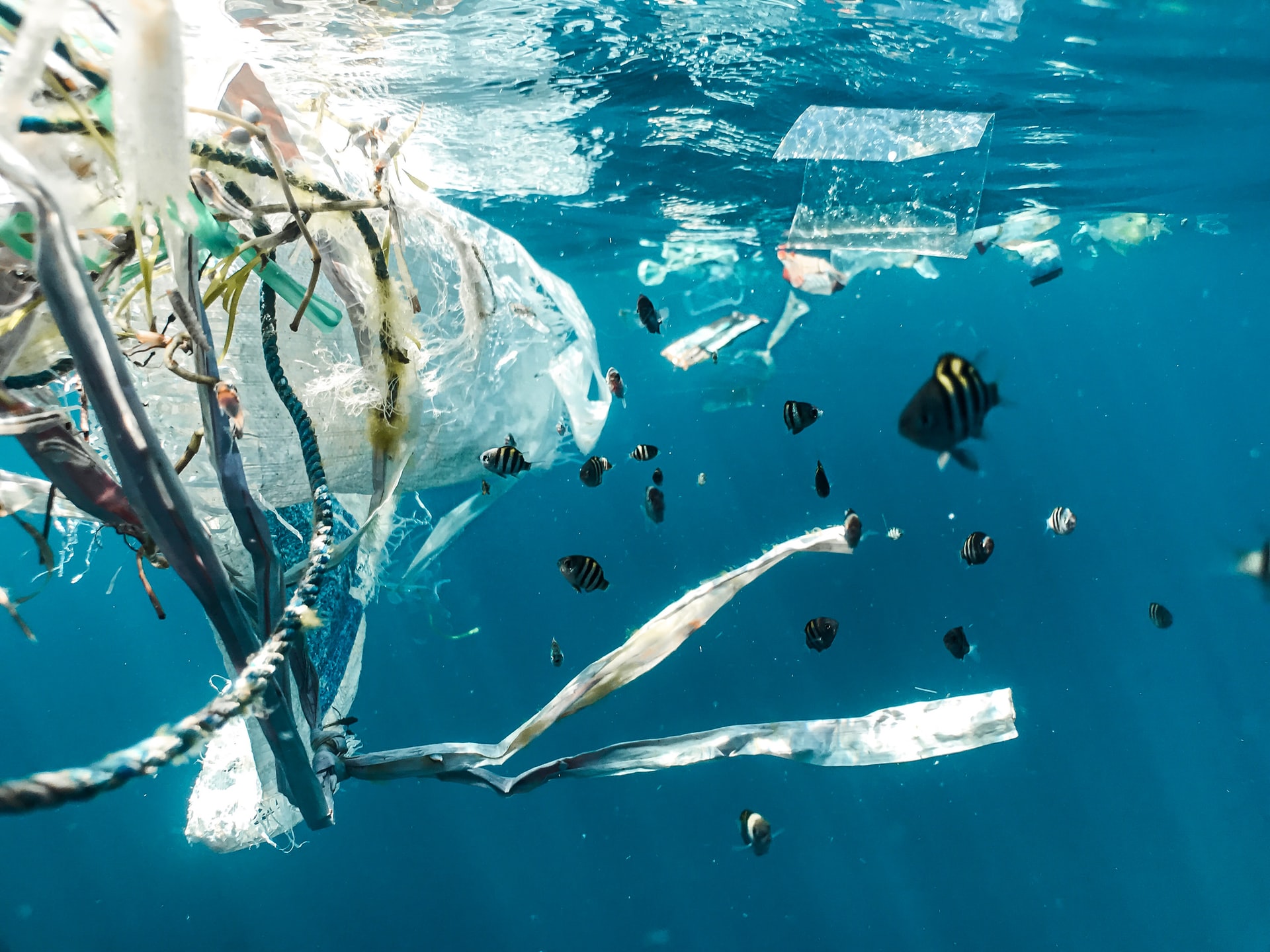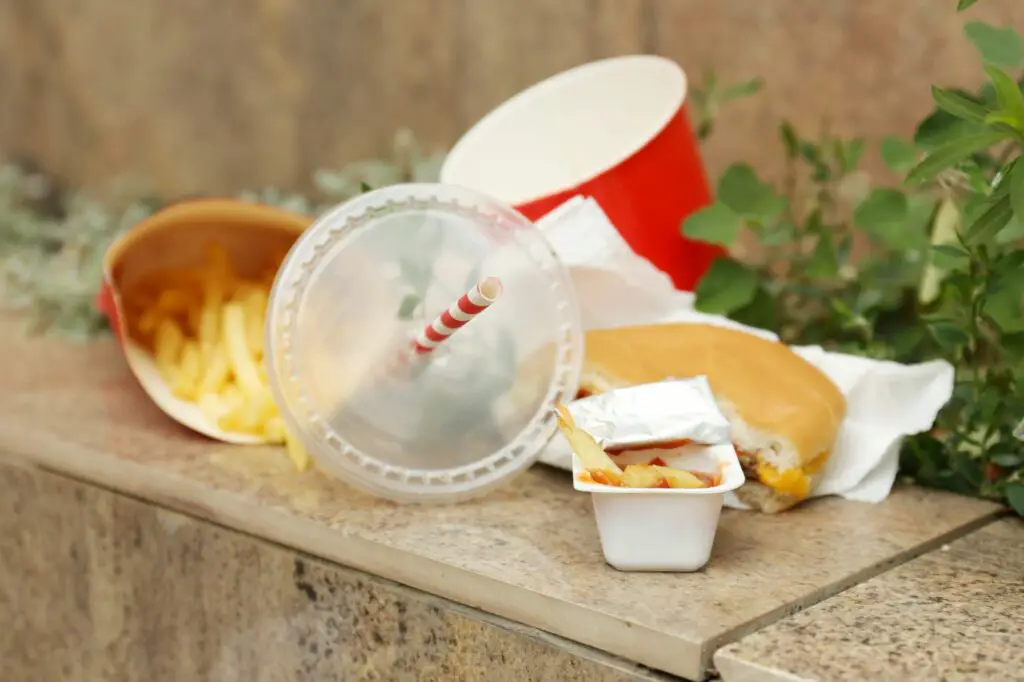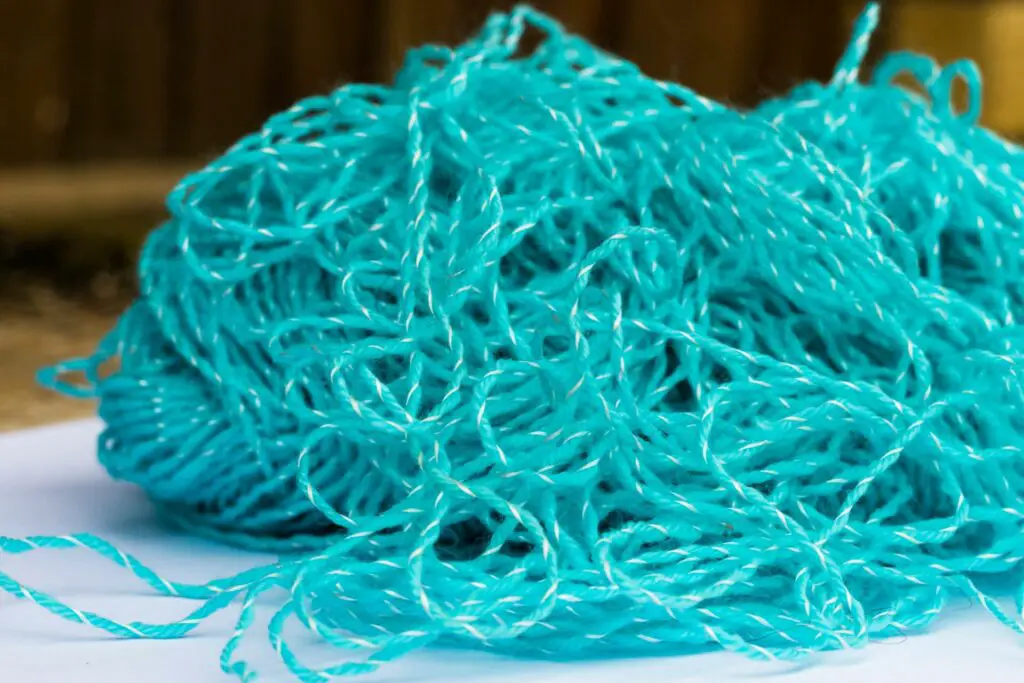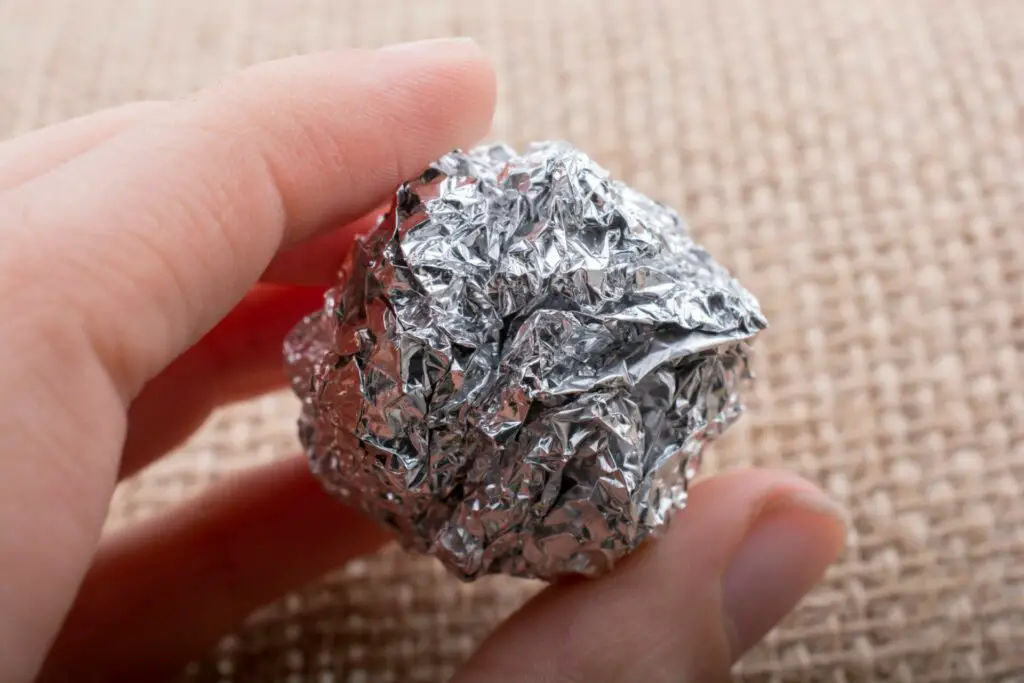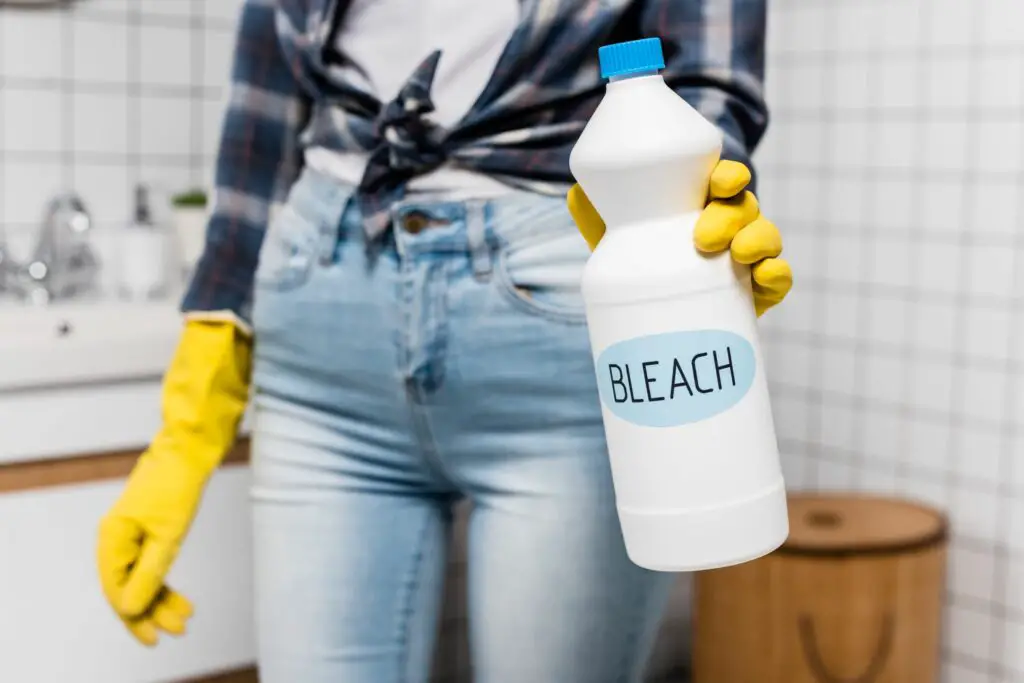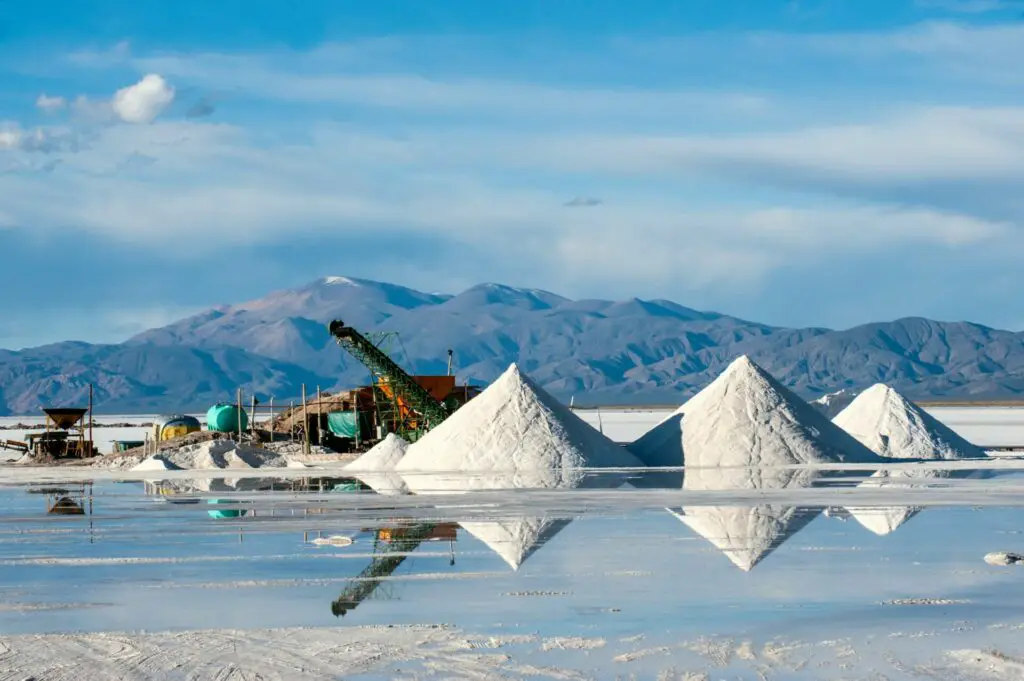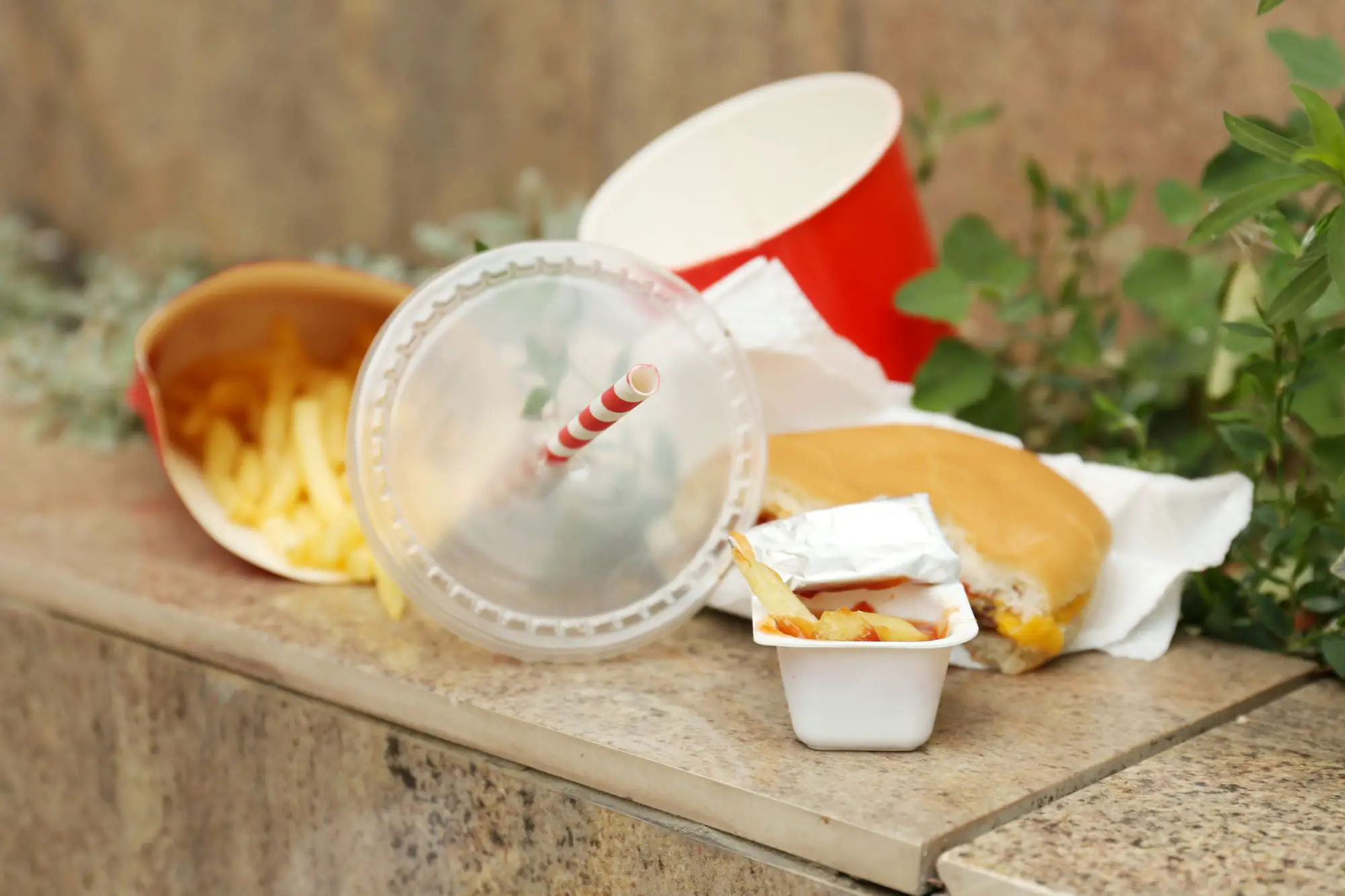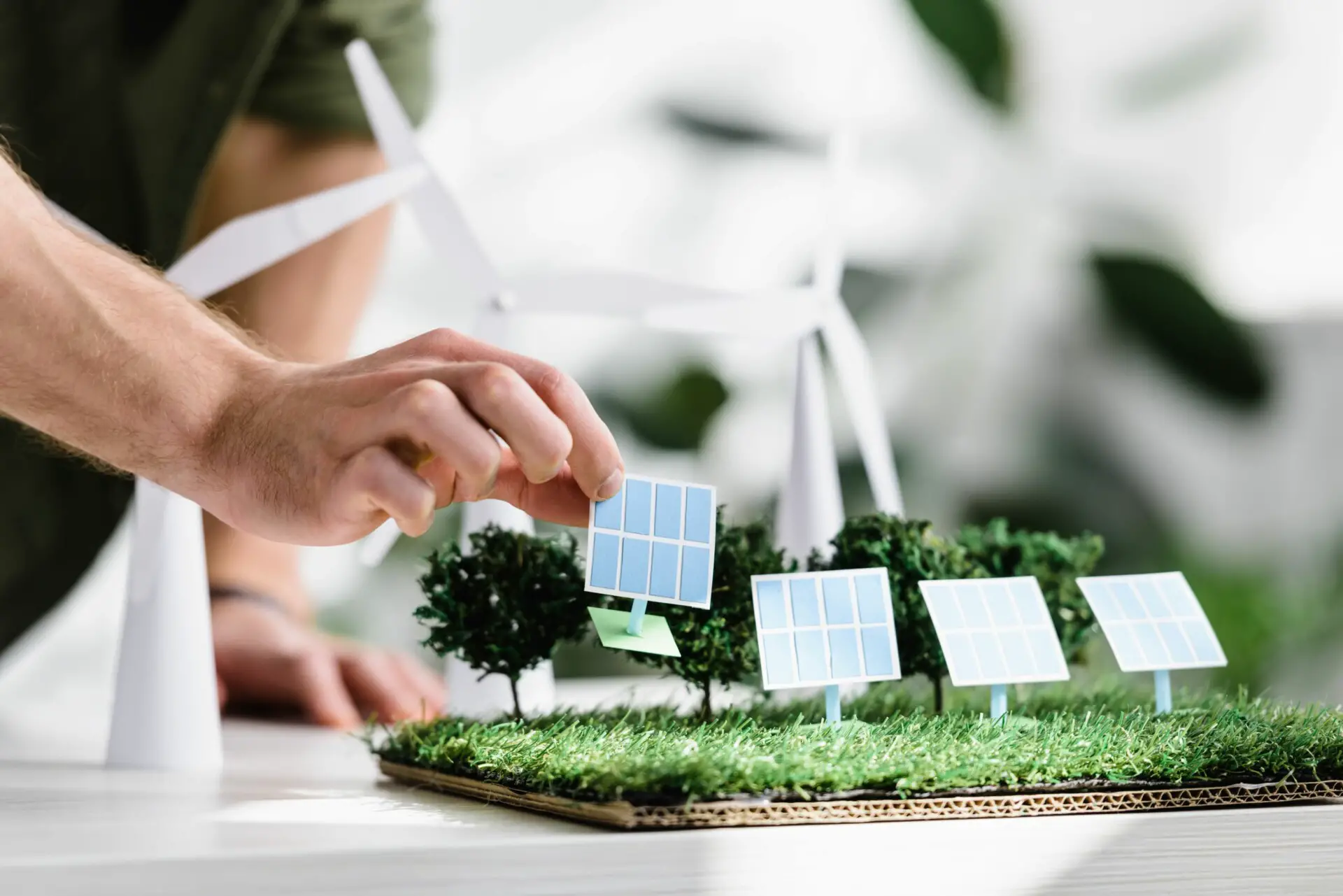Approximately 70 percent of our planet is made up of oceans. But of that 70%, only around 1% of the ocean is protected compared to 12% of land.
There are numerous threats to the ocean-including acidification, global warming, exploitation of natural resources, and pollution.
But with so little of the world’s oceans being protected, it’s important for you and I to start making changes.
One of the ways you can help is by recycling. Recycling helps the ocean by reducing the amount of trash pollution that ends up there.
But exactly how large of an impact does recycling have on reducing ocean plastic?
We’ll explore this topic more in this article.
Does Recycling Keep Plastic Out Of The Ocean?
One of the biggest impacts that recycling has on the ocean is that it reduces the amount of plastic that goes into landfills or makes its way to the ocean by various means.
But before we discuss how recycling helps to keep plastic out of the ocean, it’s important to understand the extent of plastic production.
Since the invention of plastic, an estimated 8.3 billion metric tons have been produced. Of that amount, 6.3 billion tons have since gone on to become plastic waste.
How is such a large amount of plastic being disposed of, you may ask?
Well, studies show that about 12 percent of plastic waste has been incinerated.
But would it surprise you to know that only 9 percent of plastic waste is being recycled?
That means that a whopping 79 percent of plastic waste ends up in a landfill – if it even makes it that far.
And as more plastic ends up in a landfill in lieu of being recycled, the chances of that plastic ending up in the ocean increase as well.
So the bottom line is that yes, recycling does keep plastic out of the ocean.
An increase in recycling plastic waste would greatly reduce the amount of plastic that ends up in landfills and the ocean.
4 Ways How Recycling Helps Our Oceans
Plastic is the most common type of trash found in the ocean and recycling certainly does have an impact.
However, there are other ways that recycling plastic can help the ocean besides just reducing the amount of trash that ends up there.
1. Recycling Reduces Petroleum Use
One of the main components of plastics is petroleum, which is extracted from crude oil.
Where does a lot of crude oil come from? The ocean, where it is extracted through drilling.
If mistakes happen during the drilling process causing an oil spill, it can pollute the water as well as cause significant damage to ocean ecosystems.
By recycling more, we are reducing the amount of new plastic products that have to be made from raw materials.
If we can make more products from recycled plastic, our dependency on crude oil and petroleum decreases.
2. Recycling Helps Protect Wildlife
Protecting the ocean is crucial for maintaining biodiversity, as most marine plant and animal species can’t live anywhere else.
Plastic pollution in the oceans threatens the safety and survivability of many ocean species due to the ingestion of straws, plastic bags, and other debris.
Even if the animals don’t eat them, they can get caught in them and become trapped. Both ingestion and entrapment can result in death.
3. Recycling Lowers Ocean Acidification
Another problem that is affecting sea life is ocean acidification.
This is caused by an increase in carbon dioxide being released into the atmosphere as a result of human activity.
Basically, ocean acidification causes the seawater to become more acidic.
This has a negative impact on corals, plankton, sea urchins, and other ocean life that may seem small but play a vital role in maintaining ocean ecosystems.
But ocean acidification also affects fish as well by interfering with their ability to detect predators. This can throw the whole food chain off balance.
Recycling lowers carbon dioxide emissions, which in turn lowers ocean acidification. This goes hand-in-hand with our next point.
4. Recycling Reduces Climate Change
The world’s oceans are at the forefront of climate change. Reducing the impacts of climate change is another way that recycling can help the oceans.
The reason is that recycling a product uses less energy than creating that same product from raw materials.
Because less energy is used, fewer greenhouse gases are emitted into the atmosphere.
Greenhouse gases are one of the contributing factors to the climate crisis.
Can Recycling Directly Reduce Ocean Pollution?
While recycling may not completely prevent further ocean pollution, it can certainly have a large impact if enough people can get on board.
The idea behind recycling is to reduce the need to create new products from scratch.
As mentioned above, this results in a reduced need for crude oil and reduced emission of greenhouse gases.
While greenhouse gases and drilling for crude oil can cause ocean pollution in other ways, they don’t really affect the amount of trash pollution in the ocean.
By sending your plastics to recycling facilities instead of a landfill, it does have an impact on the amount of trash that ends up in the ocean.
But recycling won’t prevent ocean pollution completely because there are some materials that can’t be recycled.
And there are other ways – such as oil spills and chemical waste – that the ocean can be polluted besides just trash.
What Happens To The Ocean If We Don’t Recycle?
There are a few things that could happen to the ocean if we don’t recycle.
The first impact is that the amount of plastic waste in the ocean will continue to grow if recycling doesn’t increase.
If current trends continue, it is predicted that there will be around 12 billion tons of plastic in landfills by the year 2050.
If those numbers are accurate, there could potentially be more plastic in the ocean than there are fish.
And what makes that even worse is that there are already a large number of marine animals that get killed by ingesting or getting caught in plastic.
Another potential impact of not recycling is climate change. Climate change is causing ocean water temperatures to increase as well as become more acidic.
This is due in part to greenhouse gas emissions that come with extracting and processing raw materials to make new products.
These changes can make the oceans uninhabitable for many plant and animal species and can even result in their death.
Climate change also leads to rising ocean levels, which can increase flooding in low elevation cities and potentially wipe them out completely.
Can Recyclables End Up In The Ocean?
Yes. There are several ways that recyclables can end up in the ocean.
1. Marine Debris
The first way is that sometimes materials can inadvertently get lost at sea while fishing or boating.
However, this accounts for a very small percentage of ocean trash.
2. Improper Disposal
A larger cause of recyclables ending up in the ocean is that they weren’t disposed of in the first place.
Recyclables that get left behind on the beach or coastline or thrown directly into the ocean instead of in trash or recycling receptacles will result in those materials ending up in the ocean.
Also, dumping large amounts of trash directly into the ocean is a major contributor.
3. Wind and Water
The trash from landfills, garbage cans, and off the streets can be blown into the ocean by wind or carried into the ocean by water.
Rainwater, streams, and rivers can all carry debris and result in recyclable materials ending up in the ocean.
It also isn’t uncommon to see increased trash and debris in the ocean after a storm.
Storms with excessive winds and rains, such as tsunamis and hurricanes that happen in coastal areas, can result in recyclables being carried to the ocean.
Plastic can also spread through the ocean by way of currents. Currents can carry trash hundreds of miles or cause large masses of trash to end up in one particular area.
4. Industrial Waste
Finally, microplastics used in the agriculture and manufacturing industries can leak or be dumped into the environment.
They may be carried in runoff water to streams and rivers, which eventually spill their water and the microplastics into the ocean.
Is Recycling An Effective Way To Avoid Or Reduce Ocean Pollution?
Recycling can be a very effective way to reduce ocean pollution because it helps keep plastic waste out of landfills.
If more people get on board with recycling their plastic waste, it will increase the percentage of recycled plastic to greater than 9 percent.
However, while plastic is a major contributor to ocean pollution, it isn’t the only source of ocean pollution.
Other recyclable materials such as metal can end up in the ocean. Chemicals can also end up in oceans due to improper disposal methods.
To put it simply, recycling won’t end ocean pollution completely.
But, it is very effective tool and can have a significant impact on reducing pollution, especially where plastics are concerned.
5 Things You Can Do To Reduce Ocean Pollution
So far, you’ve learned that recycling can have a major impact on reducing ocean pollution.
But there are other things you can do as well.
1. Join a Beach Cleanup
A lot of recyclables don’t make it into receptacles in the first place.
Having a beach cleanup can help ensure that trash left behind on the beach doesn’t make it into the ocean.
As you pick up debris, separate the recyclable materials from other trash so that you can take it to a recycling facility.
Get other people involved as well. That way, more trash will get picked up.
2. Eliminate Single-Use Plastic
Plastic straws, bags, and water bottles are all examples of single-use plastic.
By replacing these with reusable options, you can eliminate the amount of plastic that you use.
If you do have to use single-use plastic, make sure that it ends up in a recycling facility instead of in a landfill.
3. Avoid Microbeads
Microbeads are a form of microplastic that is commonly found in beauty products for the purpose of exfoliating.
Although they are small, they still find their way into the ocean by getting washed down the drain. Once in the ocean, they get eaten by marine animals just like other plastics.
“Scrub” products like facial, body, and hand scrubs all contain microbeads, as do some kinds of toothpaste.
Avoid using products that contain microbeads to keep them from ending up in the ocean.
4. Support Ocean Pollution Organizations
Organizations such as the Oceanic Society and Plastic Soup Foundation are helping to reduce plastic pollution in our oceans.
By donating and showing your support to these organizations, you are helping to fund research, cleanup missions, and awareness to help our oceans.
5. Raise Awareness
Recycling and reducing ocean pollution becomes more effective if more people get on board.
You can help by making more people aware of the detrimental impacts that plastic is having on our oceans.
Encouraging them to recycle as well as sharing the other suggestions above can help lower the amount of plastic that ends up in the world’s oceans.
Conclusion
Oceans are a vital part of helping Earth to sustain life, but the increase of plastic pollution is threatening the health of both the ocean and the organisms that live there – humans included.
Only around 9% of plastics are recycled, which means that a majority of plastic products have the potential to end up in the ocean.
If you don’t currently recycle your plastics, it’s not too late to start. Even if you do recycle, you can encourage other people to do so as well.
You likely won’t prevent ocean pollution completely, but your efforts can certainly help reduce the negative impacts that plastic pollution has on our oceans.
You Might Also Like…
- Is Fast Food Bad for the Environment? (& What You Can Do)
- Is Fabric Softener Bad for the Environment? (+5 Eco-Friendly Options)
- Is Fuel Dumping Bad for the Environment? (& How Often It Happens)
- Is Electricity Generation Bad for the Environment? (What You Should Know)
- Is Dry Cleaning Bad for the Environment? (4 Surprising Facts)
- Is Diamond Mining Bad for the Environment? (Important Facts)
- Is DEET Bad for the Environment? 4 Effects (You Should Know)
- Is Cat Litter Bad for the Environment? (5 Common Questions)
- Is Burning Cardboard Bad for the Environment? (6 Facts)
- Is Burning Paper Bad for the Environment? (6 Surprising Facts)
- Is Burning Leaves Bad for the Environment? (7 Quick Facts)
- 4 Natural Cleaners for Quartz Countertops
- 6 Eco-Friendly Acrylic Paint Brands (For Sustainable Artists)
- 5 Eco-friendly Alternatives to Acrylic Paint (& How to Make Them)
- Is Acrylic Paint Bad for the Environment? (7 Quick Facts)
- Is Acrylic Yarn Bad for the Environment? 8 Crucial Facts
- Is Acrylic Bad for the Environment? (8 Quick Facts)
- Is Aluminum Foil Bad for the Environment? 7 Quick Facts
- Is Bleach Bad for the Environment? 6 Crucial Facts
- Is Lithium Mining Bad for the Environment? 6 Crucial Facts

